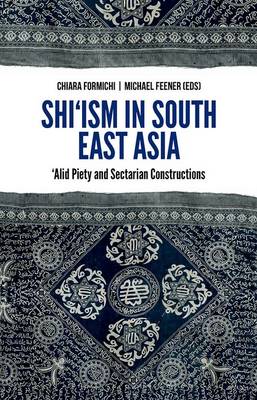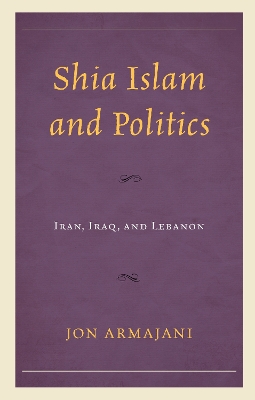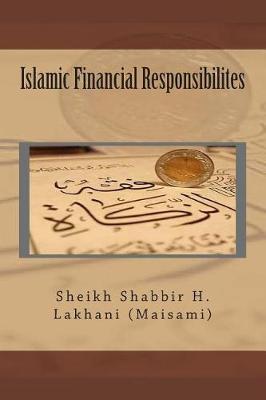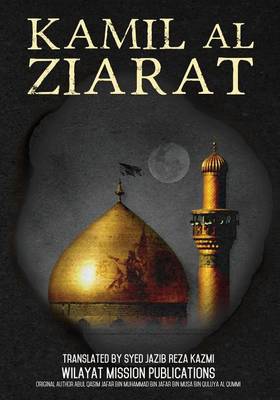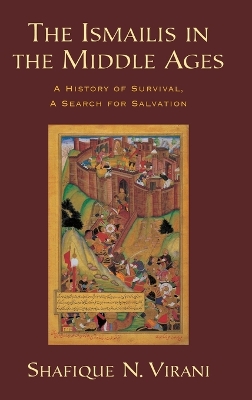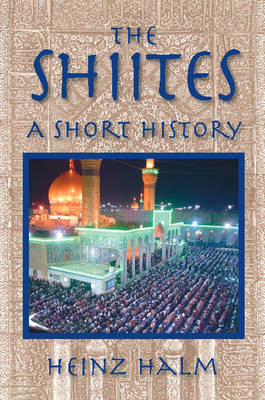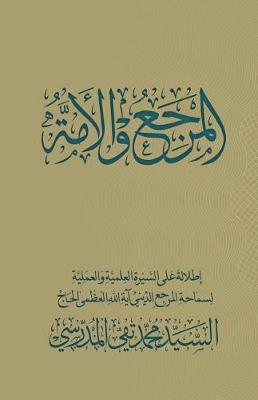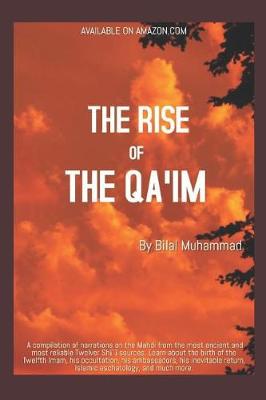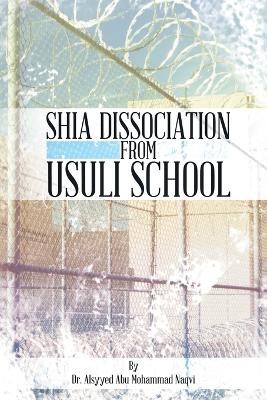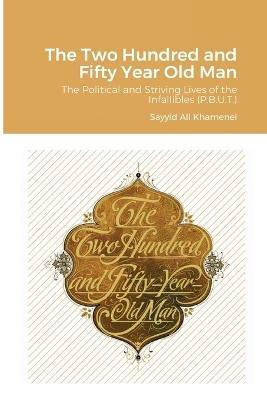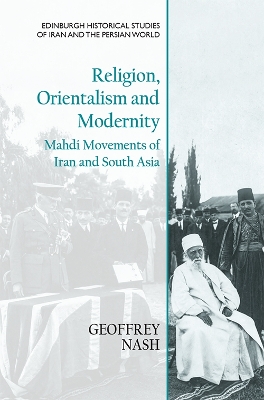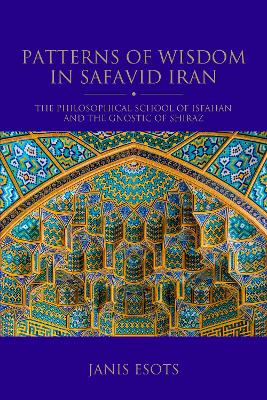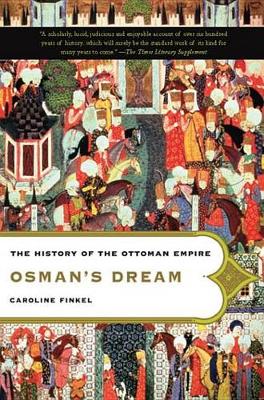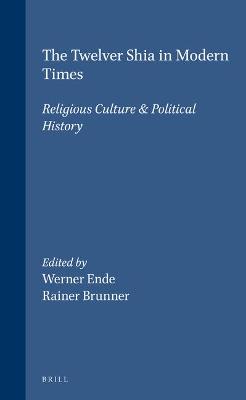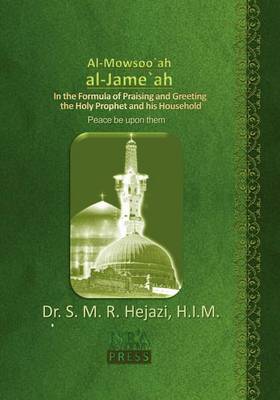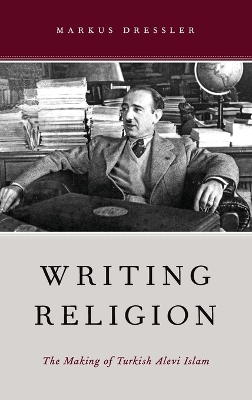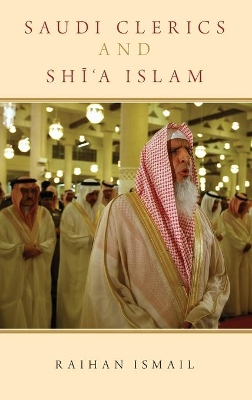Die Schia Und Die Koranfalschung (Abhandlungen Fur die Kunde Des Morgenlandes, #103)
by Rainer Brunner
This book argues that ever since Iran's Islamic Revolution in 1979, which established a Shia Islamic government in Iran, that country's religious and political leaders, have used Shia Islam as a crucial way of expanding Iran's objectives in the Middle East and beyond. Since 1979, Iran's religious and political leaders have been concerned about Iran's security in the face of the hostility and expansionism of the United States and other western countries, and the threats from powerful neighboring...
Islamic Financial Responsibilites
by Sheikh Shabbir H Lakhani (Maisami)
"None of that people should be spared, not even the babe in its cradle." With these chilling words, the Mongol warlord Genghis Khan declared his intention to destroy the Ismailis, one of the most intellectually and politically significant Muslim communities of medieval Islamdom. The massacres that followed convinced observers that this powerful voice of Shi'i Islam had been forever silenced. Little was heard of these people for centuries, until their recent and dramatic emergence from obscurity...
The Shi'Ites: A Short History
Shia Dissociation from Usuli School
by Dr. Alsyyed Abu Mohammad Naqvi
Religion, Orientalism and Modernity (Edinburgh Historical Studies of Iran and the Persian World)
by Geoffrey Nash
An innovative analysis of modernity and Orientalist discourses in Iranian millenarian movements Religion, Orientalism and Modernity explores the emergence in Iran of the revolutionary Babis and reformist Baha'is and their conflict with mainstream Shi'a Muslims, and of the parallel Ahmadi movement in North India. It gives fresh insights into the writings that defined these innovatory movements, penned on the one hand by their proponents, and on the other by western interpreters. Comparison of the...
The exceptional intellectual richness of seventeenth-century Safavid Iran is epitomised by the philosophical school of Isfahan, and in particular by its ostensible founder, Mir Damad (d. 1631), and his great student Mulla Sadra (aka Sadr al-Din Shirazi, d. 1636). Equally important to the school is the apophatic wisdom of Rajab 'Ali Tabrizi that followed later (d. 1669/70). However, despite these philosophers' renown, the identification of the 'philosophical school of Isfahan' was only proposed...
The Ottoman chronicles recount that the first sultan, Osman, dreamt of the dynasty he would found -- a tree, fully-formed, emerged from his navel, symbolising the vigour of his successors and the extent of their domains. This is the first book to bring the full story of the Ottoman dynasty -- and its empire and peoples -- to a broader readership.Osman's descendants combined the resourcefulness of their nomadic origins with the imperial world-view of conquered Byzantium. The result was a multi-...
The Twelver Shia in Modern Times (Social, Economic and Political Studies of the Middle East and Asia, #72)
This volume - grown out of an international conference at Freiburg University in 1999 - deals with various aspects of Shiite Islam since the 18th century. It is divided into two major parts, the first of which is dedicated to traditional institutions of theology and learning and their transformation in modern times. The second part treats internal debates and the activities of Shiite dissidents, showing that Shiism is far from being uniform. Ideological and political developments in the 20th cen...
Writing Religion (AAR Reflection and Theory in the Study of Religion)
by Markus Dressler
Markus Dressler tells the story of how a number of marginalized socioreligious communities, traditionally and derogatorily referred to as Kizilbas (''Redhead''), captured the attention of the late Ottoman and early Republican Turkish nationalists and were gradually integrated into the newly formulated identity of secular Turkish nationalists. In the late 1980s, the Alevis (roughly 15-20% of the population), at that time thought to be mostly assimilated into the secular Turkish mainstream, bega...
The Saudi "ulama" are known for their strong opposition to Shi'a theology, Shi'a communities in Saudi Arabia, and external Shi'a influences such as Iran and Hezbollah. Their potent hostility, combined with the influence of the 'ulama' within the Saudi state and the Muslim world, has led some commentators to blame the Saudi 'ulama' for what they see as growing sectarian conflict in the Middle East. However, there is very little understanding of what reasoning lies behind the positions of the 'ula...


